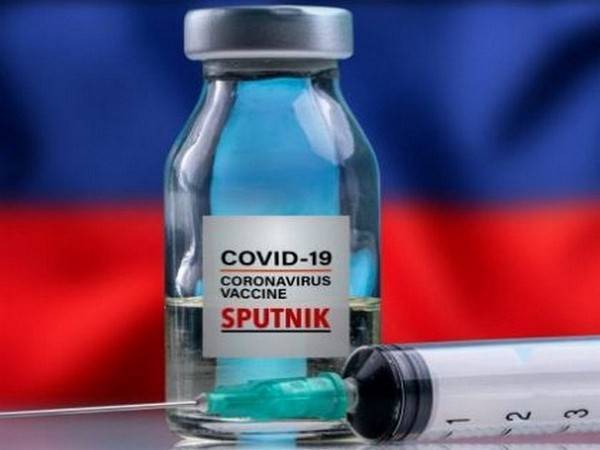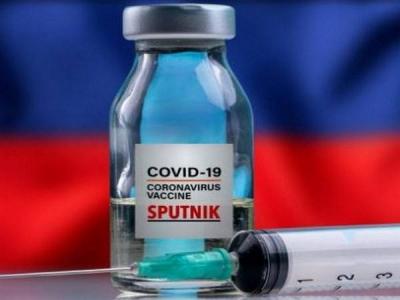Sergey Nitisov, director of the Nano-Biotechnology and Microbiology and Virology Laboratory at Novosibirsk State University, announced that messenger RNA vaccines and vector vaccines, including the Sputnik V vaccine, protect against the Indian COVID-19 variant "Delta," albeit at a lower rate than the original strain. According to Nitisov, "Based on data from Britain, the United States, and other countries, messenger RNA vaccines and vector vaccines, including the Russian Sputnik V vaccine, provide less protection against the Delta variant, but they do provide some protection."
Nitisov indicated that the world has now managed to create highly effective antiviral medications, including the Sputnik V vaccine, and stressed that these vaccines should be utilized. He stated that the vaccine offers 95% protection against the original strain of the virus and currently offers 90% protection against the Delta variant.
Russia was the first to announce the production of the world's first COVID vaccine in August 2020, making the Sputnik V vaccine developed by the Gamaleya Center for Epidemiological Research one of the top three vaccines in the world since then. The Russian vaccine is based on a genetically modified cold virus designed to be harmless as a vector that delivers a small part of the coronavirus to the body to stimulate an immune response, enabling recognition and resistance to COVID-19 upon infection.
Sputnik V consists of two doses spaced 21 days apart and can be stored under better conditions than its predecessors at temperatures ranging from 2 to 8 degrees Celsius. Due to its high effectiveness, exceeding 97%, and ease of transport and storage, the vaccine is available in over 67 countries, and bookings for it have accumulated, with 20 companies in 13 countries announcing the start of its local production.




